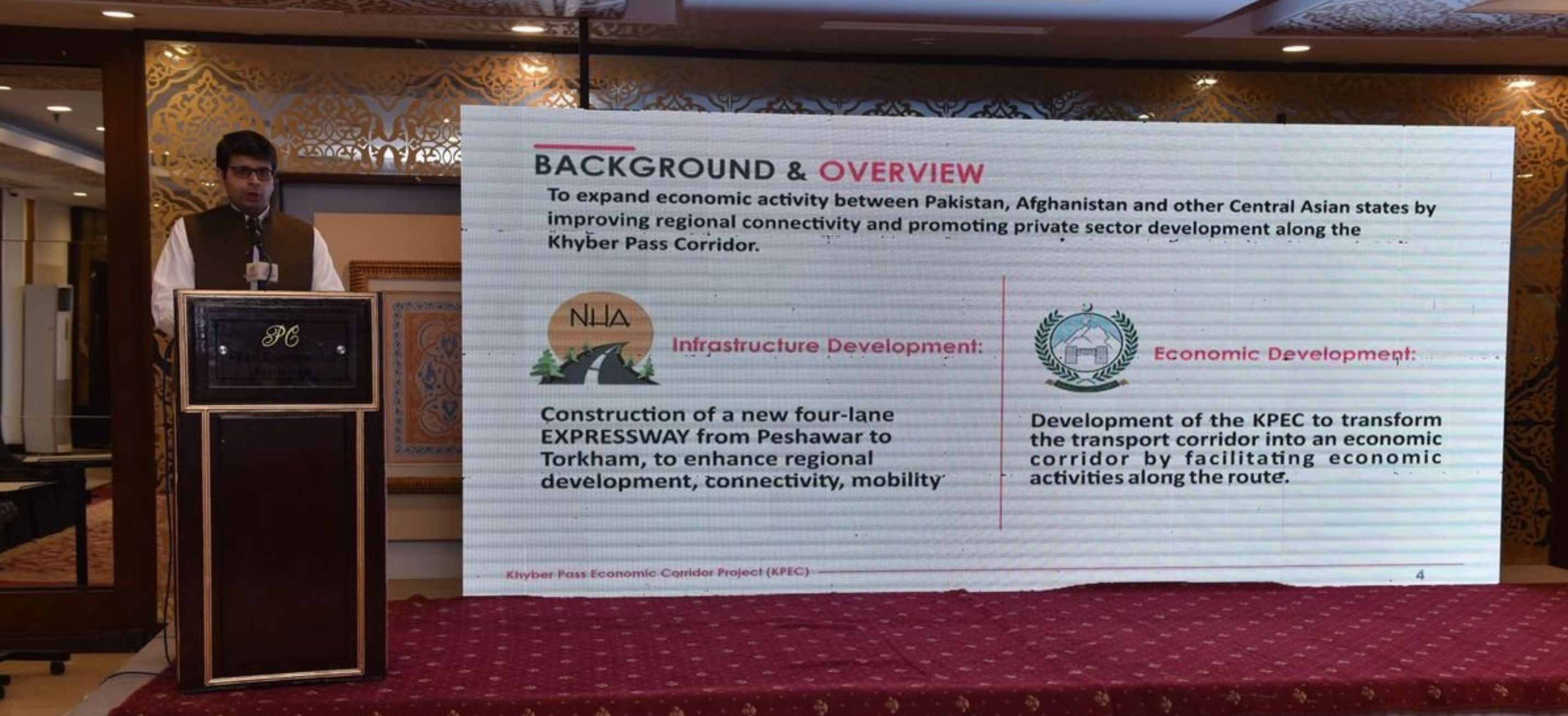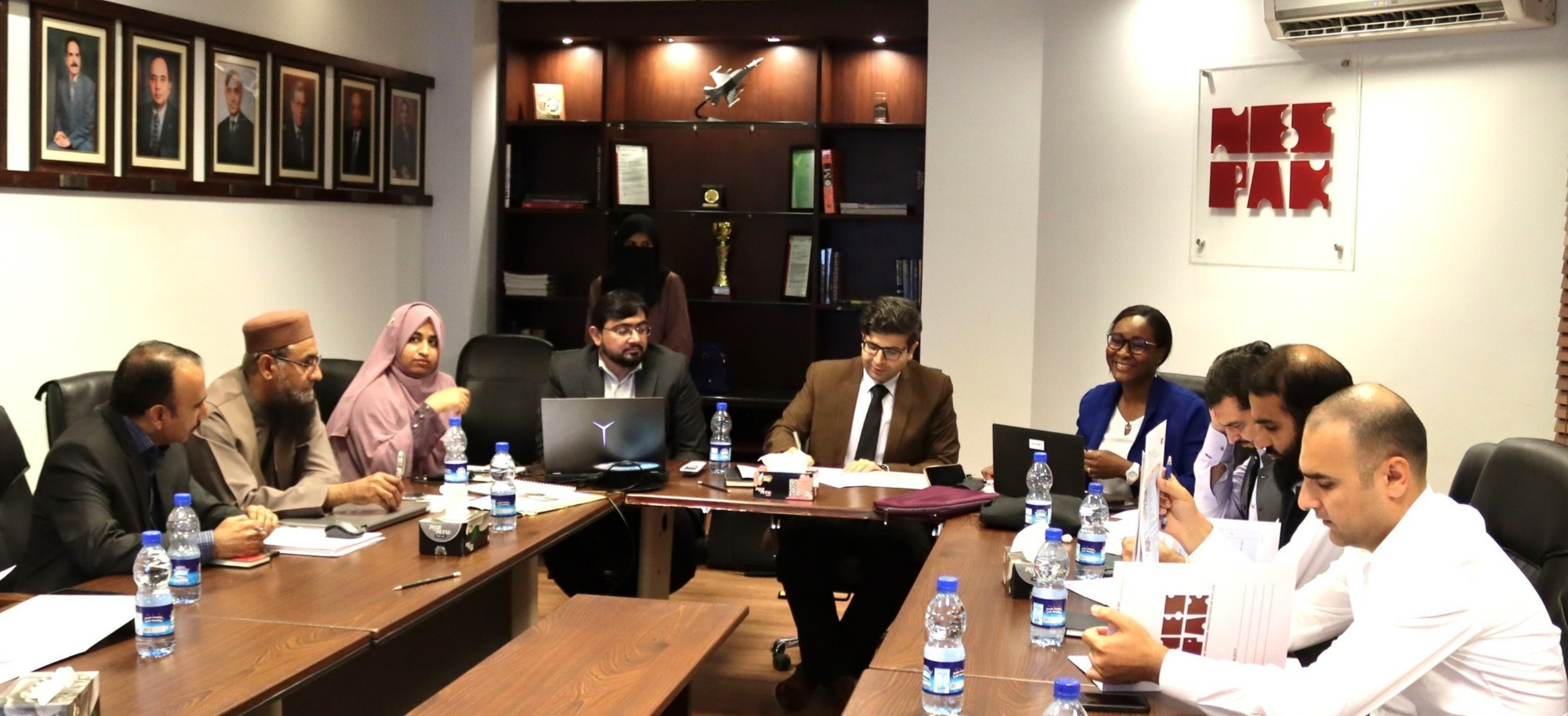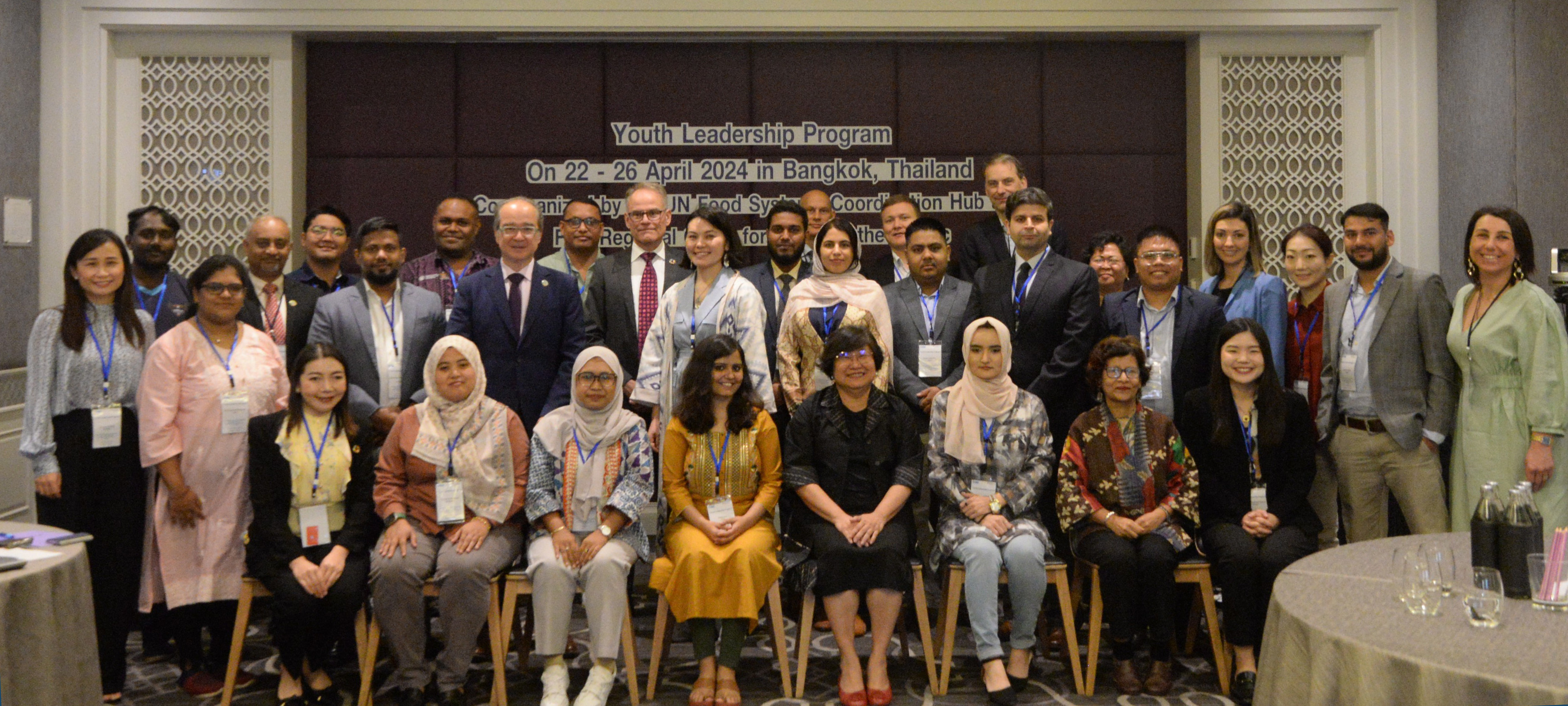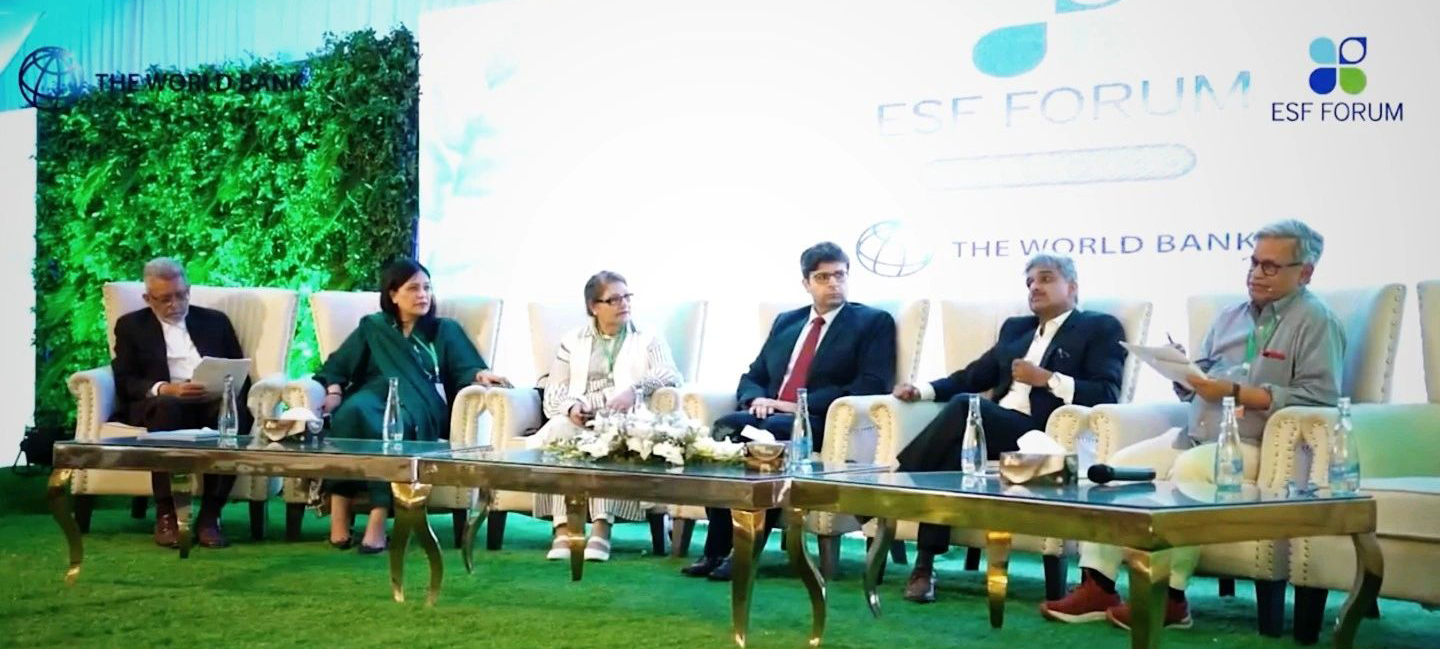SEED FUNDING JOINT PROGRAMMES
Jordan
Transforming Jordan's Agri-food System towards greater sustainability and resilience



PROJECT TITLE | Transforming Jordan's Agri-food System towards greater sustainability and resilience |
| Context | Since 2021, Jordan has placed food security and system at the forefront of its developmental goals with the adoption of the National Food Security Strategy (NFSS) for 2021–2030. The NFSS envisions access to safe, affordable, and nutritious food for all by 2030. The 2022-2024 National Food Security Action Plan for the implementation of the NFSS prioritizes food availability, improved access to and better utilization of food, and strengthening governance mechanisms. |
| PUNOs | FAO, UNIDO |
| Contribution to SDGs | SDG 2 Zero Hunger, SDG 8 Decent Work and Economic Growth |
| Contribution to other SDG transitions | Decent Jobs and Universal Social Protection |
| Duration | September 2024 – August 2025 |
| Expected financial leverage | USD 30,000 – co-financing from FAO, UNDO, MoA |
| Alignment with SG Call to Action | Policy integration; Food systems governance; Research, data, technology and innovation; Inclusive and participatory design; Private sector engagement; Financing |
| Outcomes | The JP strengthens the government’s capacity to identify and implement strategic programs that deliver positive outcomes across multiple dimensions of food systems, including production, post-harvest, processing and distribution. The JP emphasizes the inclusion of refugees, women and youth in food systems. |
| Partners |
|
| Outputs |
|
From Highways to Hope: Advancing Resilience in Pakistan

Imran presents the Khyber Pass Economic Corridor Project at a Multinational Regional Cooperation Workshop.
Imran Zahoor, a development professional from Pakistan, has devoted his career to creating opportunities in the country's most underserved regions. With a master's degree in management and a background in engineering, he has spearheaded large-scale infrastructure projects designed to uplift communities and drive progress where it is needed most.
Currently, Imran serves as the Project Director for the Khyber Pass Economic Corridor, a $500 million expressway funded by the World Bank and the Government of Pakistan. Designed to connect Pakistan and Afghanistan, the project aims to strengthen economic ties, foster peace, and spur regional development. Yet, for Imran, building infrastructure is only part of the story – his work is deeply rooted in empowering communities, transforming food systems, and building resilience and equity.
Integrating food systems into development
Imran's focus on food systems began during his tenure working with the World Food Programme while serving as the government's Deputy Director of Projects. During this time, he saw how infrastructure projects could disrupt local food systems and livelihoods. "These challenges revealed the need for a transformative approach," he explained, "one that integrates sustainability, resilience, and equity at every stage of development."
This realization shaped Imran's commitment to embedding food systems principles into development planning. In his current role, he integrates these principles into safeguard measures like Resettlement Action Plans (RAPs) and Livelihood Restoration Plans (LRPs). These plans prioritize food security, sustainable agricultural practices, and market access for communities affected by infrastructure projects.
From developing farm-to-market roads to providing mechanized farming equipment and launching livelihood restoration initiatives like beekeeping programs, Imran's efforts ensure that displaced communities not only recover but thrive. His approach transforms challenges into opportunities for long-term growth and resilience.
Empowering communities through collaboration
Community engagement lies at the heart of Imran's work. He collaborates closely with farmers, food producers, NGOs, and government agencies to ensure that safeguard plans reflect the realities on the ground. "Communication and a win-win mindset are key," he said. "These consultations empower communities by incorporating their voices into decision-making processes and helping them adapt to future challenges."
One of his proudest achievements is an inclusive business park initiative under the Khyber Pass Economic Corridor. The park provides skill development and entrepreneurial opportunities to marginalized groups, including women, transgender individuals, and persons with disabilities. Among its success stories is a female beekeeper who transformed her small honey production venture into a thriving business, earning national recognition at a trade expo.

Imran leads a stakeholder meeting on transregional impact of the Khyber Pass Economic Corridor.
Lessons from the Youth Leadership Programme
Imran credits the Youth Leadership Programme (YLP), supported by the German Federal Ministry for Economic Cooperation and Development, with refining his approach to food systems transformation. "When I joined YLP, my project was in the early stages of developing social, environmental, and resettlement plans. The program profoundly influenced how I thought about and designed these frameworks," he said.
YLP also strengthened his ability to communicate complex ideas to diverse audiences. A key lesson he took from the program was the emphasis on biodiversity, inspiring him to address broader environmental impacts, such as habitat disruption and migratory patterns when designing safeguards. "YLP gave me the tools to rethink how we approach these challenges," he said.

Imran at the YLP workshop for youth in Asia and the Pacific (Bangkok, Thailand).
A vision for sustainable development
Imran's work has transformed local communities and elevated the conversation on sustainable development in high-level forums, like the World Bank's Environmental and Social Framework (ESF) Forum. By integrating food systems into infrastructure projects, he has demonstrated their tangible benefits and opened pathways for collaboration and innovation.

Imran speaks about World Bank's Food Systems, Jobs, and Growth initiative during the ESF Forum.
Looking ahead, Imran sees vast potential for harmonizing infrastructure investments with community-driven solutions. "The biggest opportunities lie in embedding food systems transformation into national and regional planning frameworks," he said. "This approach can reduce food insecurity, improve livelihoods, and build long-term resilience."
His advice to other young leaders? "Understand the unique challenges in your local context. Build partnerships, listen to community voices, and stay committed to innovation and inclusivity. Sustainable transformation is a collective effort."
Imran's work shows how thoughtful development can create a lasting impact for communities, turning challenges into opportunities for growth.
